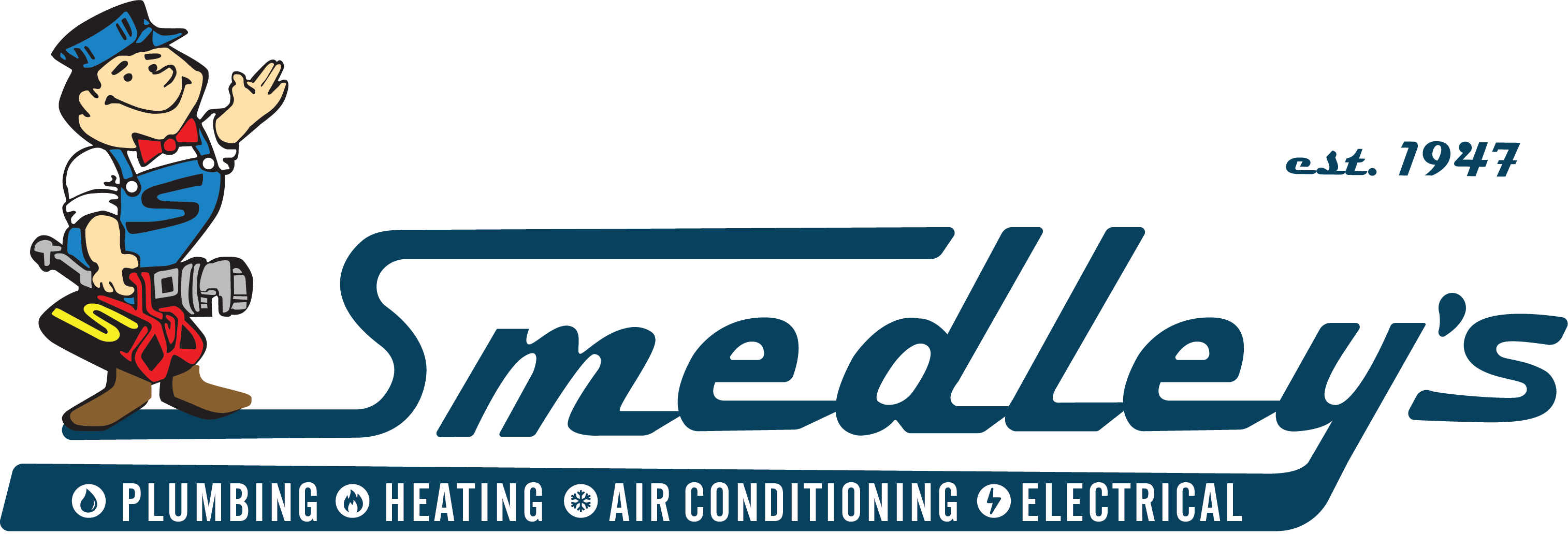You dread the day when your pipes, faucets, or hot water heater spring a leak. Seeing your air conditioner leak water, however, can come as a surprise. After all, a water leak isn’t something you’d expect from your A/C system. So how can something that’s not hooked up to your home’s plumbing system manage to leak water?
The following not only answers this question, but also presents a few solutions you can use to stop any ongoing water leaks.
Where Does It Come From?
As it turns out, your air conditioner is capable of making small amounts of water. That sounds hard to believe until you get an idea of the normal air conditioning process and how it deals with moisture in the air around you.
Under normal operation, an air conditioner absorbs the latent heat that exists in indoor air and releases it outdoors. As the air conditioner removes heat, it also pulls moisture out of the air. This excess moisture eventually drains off the evaporator coil and onto a condensate drip tray located below the coil. The drip tray is connected to a drain that empties the water into nearby floor drain or directly outdoors.
The problem starts when sludge, algae, and slime begins to form inside the tray. If this stuff finds its way into the drainage line, it can create blockages that cause the water to back up and eventually overflow the drip tray.
Where to Expect Leaks
When your air conditioner leaks, the water usually ends up pooling around the base of the A/C system. A particularly large leak can cause that puddle to grow and eventually reach your carpeting or upholstered furniture. It’s also common to see water leaking out of the PVC pipes leading from the drip tray to its final drainage point, usually due to physical damage or poor pipe surface adhesion.
How to Stop the Problem in Its Tracks
Taking care of the problem is relatively simple, in most cases. Start by cleaning up the excess water leaked out of your A/C system with a mop or a wet/dry shop vacuum. After removing the standing water, you should also completely drain the condensate tray of its water. This will give you a good chance to thoroughly inspect the condensate drip tray for signs of unexpected damage or wear. Check the tray for cracks and signs of brittleness if it’s made from plastic or severe rust or corrosion if it’s made from metal.
Afterwards, take a close look at your condensate drain. If a clog is present, use a small plumber’s snake to carefully break the clog apart. You can also place the shop vacuum’s hose directly over the drain and use the suction force to dislodge the clog.
Once the clog is cleared, pour a small cup of bleach directly into the drip tray drain to disinfect the line and prevent further mold and algae growth. You can also use white vinegar as a substitute, especially during the winter when PVC or ABS plastic drain lines are more vulnerable to damage from chlorine bleach.
Preventive Steps You Can Take
Once you’ve nipped your A/C system water leak in the bud, you’ll want to keep those water leaks from happening. Here are a few preventive suggestions that can get you started.
- Make regular coil and tray cleanings a priority. It’s a good idea to thoroughly clean your evaporator coil and condensate drip tray at least twice a year, preferably before you start using your A/C system for the spring and summer and before you stop using it for the winter.
- Use condensate tray tablets to prevent slime and sludge buildup.
- Change your air filter regularly.
Condensate tray tablets are designed to control sludge, algae, and mildew buildup. These tablets also help cut down on odor-causing bacteria. A typical tablet can last up to a month or more depending on the brand and formula.
Most mildew and sludge problems stem from mold spores and other foreign debris getting past the air filter somehow. This debris eventually finds its way to the drip tray, where it has a chance to grow into a bigger problem. Changing your air filter on a regular basis can help reduce the likelihood of this happening to your A/C system.
If you have any more questions about stopping water leaks stemming from your A/C system, don’t hesitate to talk to your HVAC specialist. Your HVAC specialist can also schedule an inspection if you need a helping hand with your A/C maintenance.




